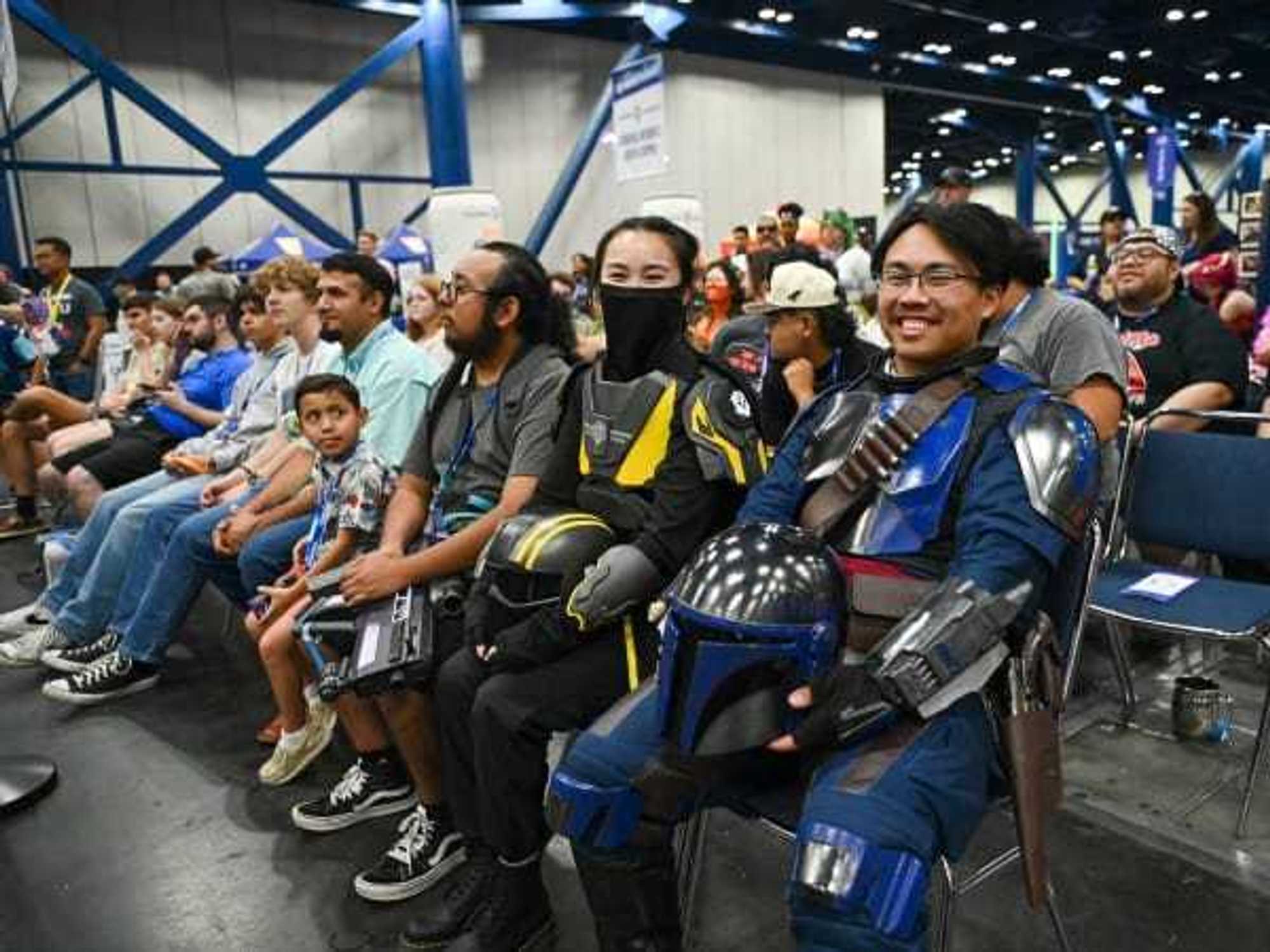 "Big Love" cast members, from left, clockwise, Ginnifer Goodwin, JeanneTripplehorn, Bill Paxton and Chloe Sevigny. The controversial series kicks offits fourth season tonight at 8 p.m. on HBO.
"Big Love" cast members, from left, clockwise, Ginnifer Goodwin, JeanneTripplehorn, Bill Paxton and Chloe Sevigny. The controversial series kicks offits fourth season tonight at 8 p.m. on HBO. Thomas Jane and Jane Adams star in "Hung," with repeats from the first seasonbeginning tonight at 9 p.m. on HBO.Photo by Chuck Hodes/HBO
Thomas Jane and Jane Adams star in "Hung," with repeats from the first seasonbeginning tonight at 9 p.m. on HBO.Photo by Chuck Hodes/HBO
After The Sopranos and Sex and the City ended, HBO lost a lot of its buzz as the place for appointment television. It even stupidly turned down Mad Men.
But now the cable network is back in a big way, with True Blood (the popular vampire soap now between seasons) and Big Love, which returns Sunday night at 8 p.m.
If you're not familiar with the first three seasons of Big Love, check out a five-minute recap below to catch up on the lives of everyone's favorite polygamists.
According to what we've read, Season Four gets more political as patriarch Bill Henrickson's (Bill Paxton) runs for public office and wife Margene (Ginnifer Goodwin) finds success hawking goods on the Home Shopping Network, much to the chagrin of the other wives. Sissy Spacek, one of our favorite Texas actresses, joins the cast for an extended story arc as a political consultant and there are reports that one of the central characters, a member of the fictional fundamentalist church, will have a homosexual experience. A lot more plot twists are also promised — all in only nine episodes.
It will also be the last season for Amanda Seyfried, who plays Bill's secular daughter, Sarah. Seyfried will leave the show at the end of the season to pursue film projects full time.
Also on HBO, repeats of Hung, the oddball comedy about a well-endowed basketball coach who uses his greatest asset in the world's oldest profession. It premiered in June and will be kicking off a second season this summer. The first season starts all over again tonight at 9 p.m.
